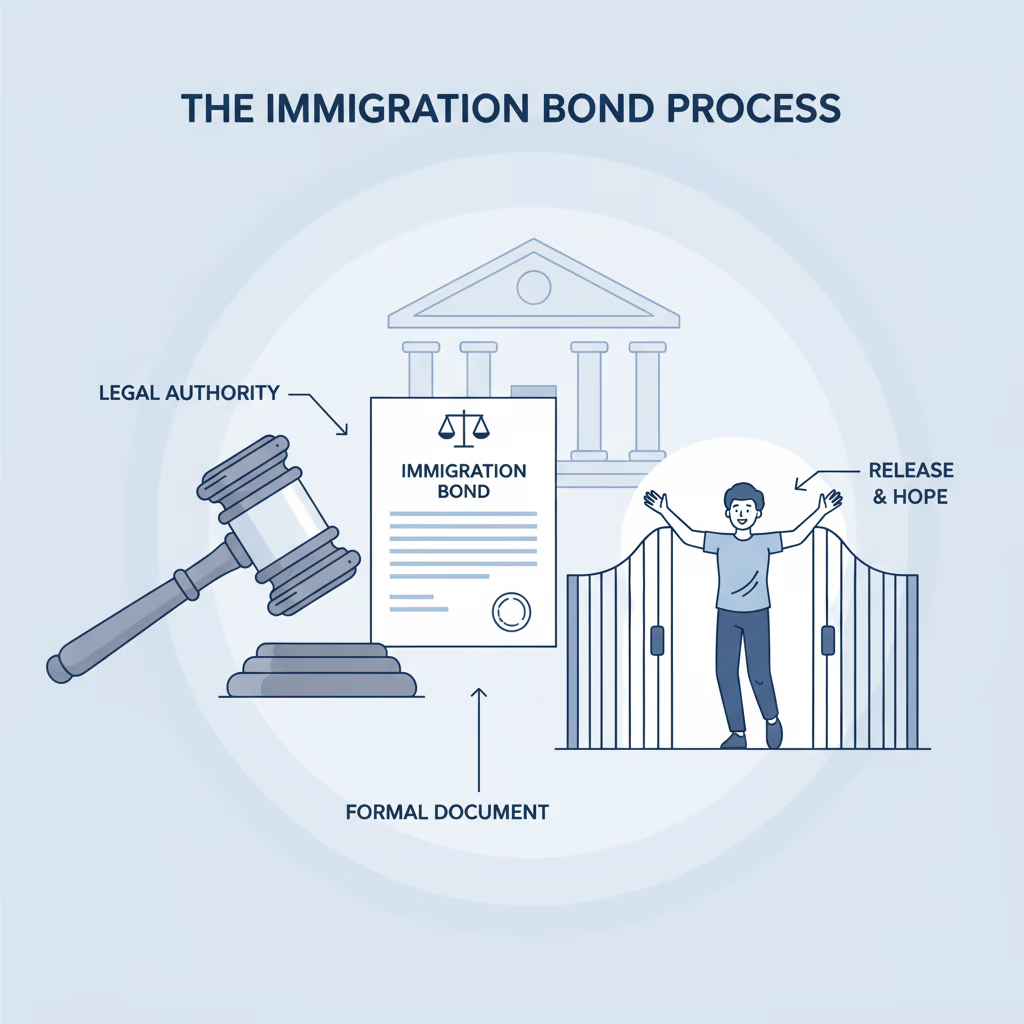In today’s complex world, the journey of immigrants seeking asylum in the United States is fraught with challenges and obstacles. From navigating through bureaucratic red tape to facing the fear and uncertainty of starting anew in a foreign land, these individuals encounter numerous hurdles along the way. In this article, we delve into the common obstacles faced by immigrants seeking asylum in the United States and shed light on the struggles they endure.
One of the most pressing challenges is the lengthy and complicated asylum application process, which can be overwhelming for individuals unfamiliar with the legal system. Additionally, language barriers and cultural differences further exacerbate the difficulties faced by immigrants during their pursuit of asylum. The lack of affordable housing, limited job opportunities, and the constant fear of deportation also contribute to the uphill battle these individuals face.
Despite the numerous challenges, immigrants seeking asylum in the United States display resilience, determination, and courage. Through this article, we aim to provide a deeper understanding of their plight, shed light on the obstacles they confront, and foster empathy and support for those in need.
Understanding asylum and the immigration process
The asylum-seeking process is a lengthy and complicated one, which can be overwhelming for individuals unfamiliar with the legal system. Asylum seekers must first apply for protection with the United States Citizenship and Immigration Services (USCIS). Once the application is submitted, the applicant will go through an interview process with an asylum officer to determine the validity of their claim. The process can take months or even years to complete. During this time, asylum seekers are not allowed to work and may struggle to support themselves and their families.
Many immigrants seeking asylum do not fully understand the complexity of the process and may not have access to legal representation to guide them through it. The lack of legal representation can lead to lengthy delays, and in some cases, deportation.
Common obstacles faced by immigrants seeking asylum
Immigrants seeking asylum in the United States face significant challenges and obstacles. From navigating through bureaucratic red tape to facing discrimination and prejudice, these individuals encounter numerous hurdles along the way. However, despite the numerous challenges, immigrants seeking asylum in the United States display resilience, determination, and courage.
It is essential for service providers and members of the community to understand the unique challenges faced by immigrants seeking asylum and to work to promote understanding and acceptance. By providing access to essential services and resources, we can help asylum seekers thrive in their new home and contribute to the fabric of our community.
Language barriers
One of the most significant obstacles faced by immigrants seeking asylum is the language barrier. Many asylum seekers come from countries where English is not the primary language, and they may struggle to communicate with government officials, lawyers, and other service providers. This can make it difficult to navigate the asylum process and access essential services.
Language barriers can also lead to misunderstandings and mistrust between asylum seekers and service providers. This can make it challenging for service providers to understand the unique needs of asylum seekers and provide the necessary support.

Financial challenges
One of the most significant obstacles that immigrants seeking asylum in the United States face is financial hardship. Many of these individuals arrive in the country with limited resources, making it difficult for them to support themselves and their families. The process of applying for asylum can be lengthy, often taking months or even years to complete. During this time, asylum seekers are unable to work legally, leaving them dependent on government assistance or the support of charitable organizations.
The lack of financial stability not only adds to the stress and anxiety experienced by these individuals but also hampers their ability to regain control of their lives. Without a steady income, finding suitable housing, affording basic necessities, and accessing healthcare become significant challenges. Moreover, the uncertainty of their asylum status further complicates their financial situation, making it difficult to plan for the future and establish a stable foundation in their new country.
Overcoming these financial challenges requires a comprehensive approach that includes providing financial assistance, job training programs, and access to affordable housing. By addressing these obstacles, we can help immigrants seeking asylum build a stable and secure future for themselves and their families in the United States.
Legal obstacles
Another major hurdle faced by immigrants seeking asylum in the United States is the complex and lengthy legal process. Navigating through the asylum application system can be overwhelming, particularly for individuals who are unfamiliar with the legal system and may not have access to proper legal representation. The intricacies of the asylum process, coupled with language barriers, can lead to confusion, delays, and even potential denial of their asylum claims.
Furthermore, changes in immigration policies and regulations can further complicate the legal landscape for asylum seekers. The ever-evolving nature of immigration laws makes it difficult for individuals to stay informed and adapt their applications accordingly. This uncertainty increases the likelihood of errors and can result in prolonged processing times and increased stress for those seeking asylum.
To address these legal obstacles, there is a need for improved access to legal assistance and resources. Providing free or low-cost legal representation, language interpretation services, and clear guidelines on the asylum application process would greatly aid immigrants in navigating the complex legal system and increase their chances of a successful asylum claim.
Cultural differences
Adapting to a new culture is a significant challenge for immigrants seeking asylum in the United States. Cultural differences can often lead to feelings of isolation, exclusion, and a sense of being disconnected from their familiar support systems. Language barriers, in particular, pose a significant hurdle for individuals, as effective communication is essential for accessing services, finding employment, and integrating into their new communities.
In addition to language barriers, cultural differences can also affect an individual’s ability to find suitable employment. Different work practices, expectations, and professional networks can impede an immigrant’s efforts to secure stable and fulfilling employment. Discrimination and prejudice may also play a role, as immigrants often face biases based on their nationality, race, or religion, hindering their ability to fully participate in society.
Efforts to address these cultural obstacles should focus on promoting cultural exchange, providing language training programs, and fostering inclusive communities. By creating spaces and opportunities for immigrants to share their cultures and learn about American customs, we can help bridge the gap between different communities and create a more welcoming environment for all.
Access to healthcare and education
Access to healthcare and education is crucial for immigrants seeking asylum, yet it remains a significant challenge for many. Limited or no health insurance coverage, coupled with the inability to afford medical expenses, leaves many asylum seekers without necessary healthcare services. This lack of access to healthcare can result in untreated illnesses, exacerbate existing conditions, and impact the overall well-being of individuals and families.
Similarly, access to education is vital for the successful integration and future prospects of immigrants seeking asylum. However, language barriers, unfamiliarity with the education system, and financial constraints can limit their ability to access quality education. This lack of educational opportunities can hinder their chances of finding meaningful employment and impede their integration into society.
To address these challenges, it is essential to provide affordable and accessible healthcare services to immigrants seeking asylum. Expanding healthcare programs and ensuring that healthcare providers are culturally sensitive and linguistically competent can help bridge the gap in healthcare access. Additionally, investing in language and vocational training programs can enhance educational opportunities for asylum seekers, empowering them to contribute to their new communities.
Addressing discrimination and prejudice
Discrimination and prejudice against immigrants seeking asylum are pervasive issues that contribute to their marginalization and exclusion. Negative stereotypes, xenophobia, and anti-immigrant sentiments can hinder their integration and create barriers to accessing employment, housing, and social services. The fear of discrimination and the potential consequences of revealing their asylum status often lead individuals to live in the shadows, perpetuating their vulnerability and isolation.
Addressing discrimination and prejudice requires a multi-faceted approach that includes education, awareness campaigns, and policies promoting inclusivity and diversity. By fostering a culture of acceptance and challenging negative narratives surrounding immigrants, we can work towards dismantling the barriers that prevent them from fully participating in society. Empowering immigrants through community engagement and providing platforms for their voices to be heard can also help counter stereotypes and promote empathy.





